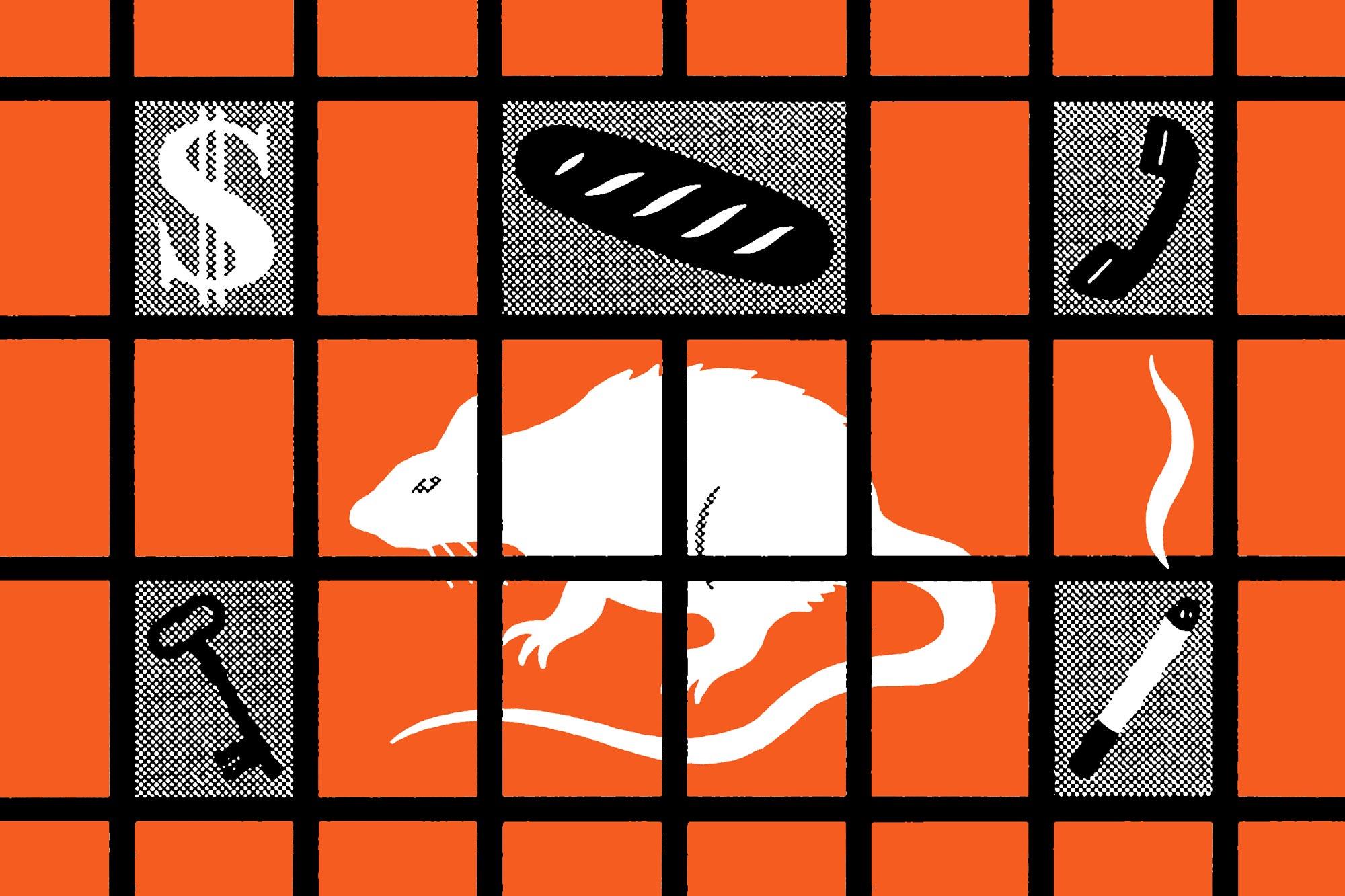
The Legislative Advocacy Clinic at the University of Washington Law School is working on passing legislation which would require a pre-trial reliability hearing for “incentivized informants,” i.e., jailhouse rats. The law school put together a survey for defense attorneys in the state that they hope will better provide them with hard data on how and when informants are being used.
Some explanation is necessary. In some criminal cases involving wrongful convictions, the main evidence against the defendant is testimony by a jailhouse informant, who is commonly referred to as a “snitch.” Unfortunately, in weighing this evidence, a jury may be unaware that the snitch has received favorable treatment or a reduced sentence in exchange for his testimony, or that he regularly has acted as a jailhouse snitch by testifying in multiple criminal cases. In this respect, the snitch’s testimony could be unreliable because it’s motivated by something other than the truth. As a result, a snitch’s testimony has proven to be false in some cases, which in turn leads to wrongful convictions.
When an inmate has little recourse in his own criminal case, and is facing stiff penalties as a result of his crime, the temptation and desperation may prove too much, thus resulting in voluntary testimony that negatively implicates a fellow inmate. At that point, the snitch has nothing to lose; at worst, he will not get the incentive he has been promised, and, at best, he might receive a lighter sentence, reduced charges, and/or more pleasant accommodations while incarcerated, such as placement near family members. This all-too-common phenomenon of incentives in exchange for testimony can result in false testimony, and wrongful convictions.
Even worse, a jury considering “snitch evidence” in a criminal case is likely to be totally unaware of any incentives that the snitch was given by the prosecution in exchange for his or her testimony. Therefore, if the snitch otherwise appears to be credible during his or her testimony, the jury will have no reason to suspect that the snitch may have an alternate motive to testify.
The implications of wrongful convictions due to false testimony by snitches is highlighted in a
2005 report by the Center on Wrongful Convictions,
Northwestern University of Law, Chicago, which profiles 38 death row defendants, convicted on the basis of false testimony by snitches, whose convictions were later overturned.
According to the Center’s report, snitch testimony is the leading cause of wrongful conviction in capital cases. Obviously, this can have devastating results for the criminal justice system as a whole, not to mention its potentially irreversible impact on the innocent defendant, who loses years of his or her life to incarceration, or even life altogether.
Please contact my office if you, a friend or family member are charged with a crime. Hiring an effective and competent defense attorney is the first and best step toward justice.







